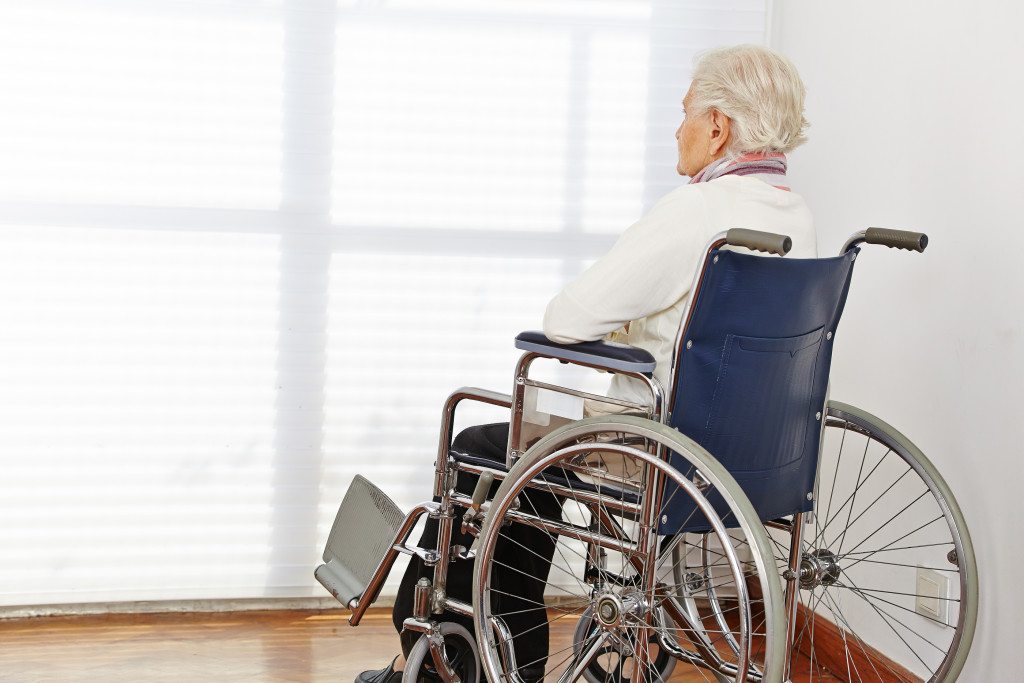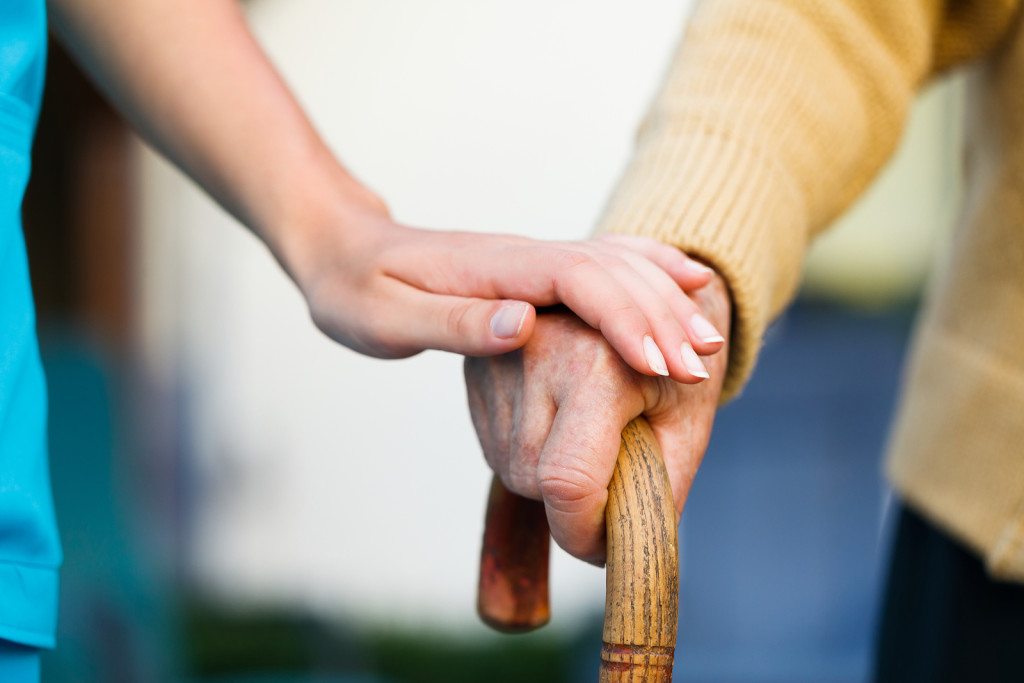Elderly individuals are prone to falls because of health factors like impaired balance, poor vision, and delayed reflexes. In fact, experiencing frequent falls is a common reason seniors enter nursing homes. Unlike family members at home, nursing home staff have training and equipment to minimize the risk of falls – at least in theory. Despite the fact that nursing homes have special protocols and care standards designed to help prevent and respond to these types of incidents, nursing home fall accidents still occur with alarming frequency – and in many cases, the end result is death or serious injury, as a nursing home abuse lawyer in Philadelphia, PA knows well.

According to the Centers for Disease Control and Prevention (CDC), about 1.4 million people age 65 or older currently reside in nursing homes. About 80,000 are located in Pennsylvania, while neighboring New Jersey accounts for another 45,000 residents. Combined, New Jersey and Pennsylvania make up nearly a tenth of the nation’s elderly nursing home population. (In fact, Pennsylvania has the fourth-highest number of residents in the country.)
The average 100-bed facility annually reports anywhere from 100 to 200 falls among residents. That means anywhere from 50% to 75% of residents will experience a fall during a given year – and it’s not just a natural consequence of aging. Surprisingly, nursing home residents actually fall at twice the rate of seniors who live at home or independently.
The CDC’s explanation is that “People in nursing homes are generally frailer than older adults living in the community. They are usually older, have more chronic conditions, and have more difficulty walking. They also tend to have thought or memory problems, to have difficulty with activities of daily living, and to need help getting around or taking care of themselves.”
A nursing home resident’s comorbidities doesn’t excuse the high rate of falls in U.S. elder care facilities – many of which are hampered by deficiencies like nursing home under-staffing, poor maintenance, inadequate training of staff members, failure to monitor patients who are at high risk for falling, and/or loose enforcement of safety protocols, all of which directly contribute to accidents. As a nursing home abuse lawyer in Philadelphia, I have seen many cases where an elderly person suffered an avoidable fall because the nursing home was negligent and failed to meet its duty of care to the resident. If a nursing home breaches the standard of care, and a resident falls as a result, the nursing home can be held responsible for the resulting fall injuries.

Falls are often inconsequential to younger people, but for seniors, the health repercussions can be extreme. Up to one fifth of nursing home falls result in serious injuries, with as many as 6% resulting in bone fractures. In particular, falls account for more than 95% of pelvic fractures in seniors, though it’s uncertain how many of these fractures are caused specifically by falls occurring in nursing homes.
Yet the injury itself is not the only danger. The road to recovery from a surgery, medical implant, or bone fracture can be long and arduous for elderly adults, who have a higher risk of developing a surgical site infection or experiencing anesthesia-related complications. The American Society of Anesthesiologists warns of two health risks for elderly patients who need anesthesia: postoperative cognitive dysfunction (POCD), which may “lead to long-term memory loss and lessened ability to learn, concentrate and think,” and postoperative delirium, a temporary state of disorientation and confusion that can be induced by medications, infections, or immobility.
In many cases, full recovery is not possible. As the CDC points out, “[T]hose who survive [falling in a nursing home] frequently sustain injuries that result in permanent disability and reduced quality of life.” And, sadly, a large number of falls ultimately prove fatal for the victim. Roughly 1,800 seniors are killed by nursing home falls every year in the United States – a figure which is disturbingly high. Only 5% of adults age 65 are older are nursing home residents, yet residents account for about 20% of all fall-related deaths within the same demographic.
If your mom or dad was injured after falling at their nursing home, or became a victim of wrongful death, your family has a right to see that the incident is investigated. Depending on the circumstances surrounding the fall, the victim or surviving family members may be able to recover compensation for medical bills, pain and suffering, and other damages, as a nursing home lawyer in Philadelphia, PA knows.
If you’re worried that your parent or grandparent was injured because of nursing home neglect in Pennsylvania or New Jersey, you should speak with an experienced personal injury lawyer as soon as possible. Call the Wieand Law Firm, LLC at (888) 789-3161, a PA nursing home law firm, to set up a free legal consultation with PA nursing home lawyers. Your family’s information will be kept confidential.
*Disclaimer: This article is for informational purposes and is not legal advice. The Wieand Law Firm, LLC is based in Philadelphia, PA, and proud to serve clients throughout Pennsylvania and New Jersey.*